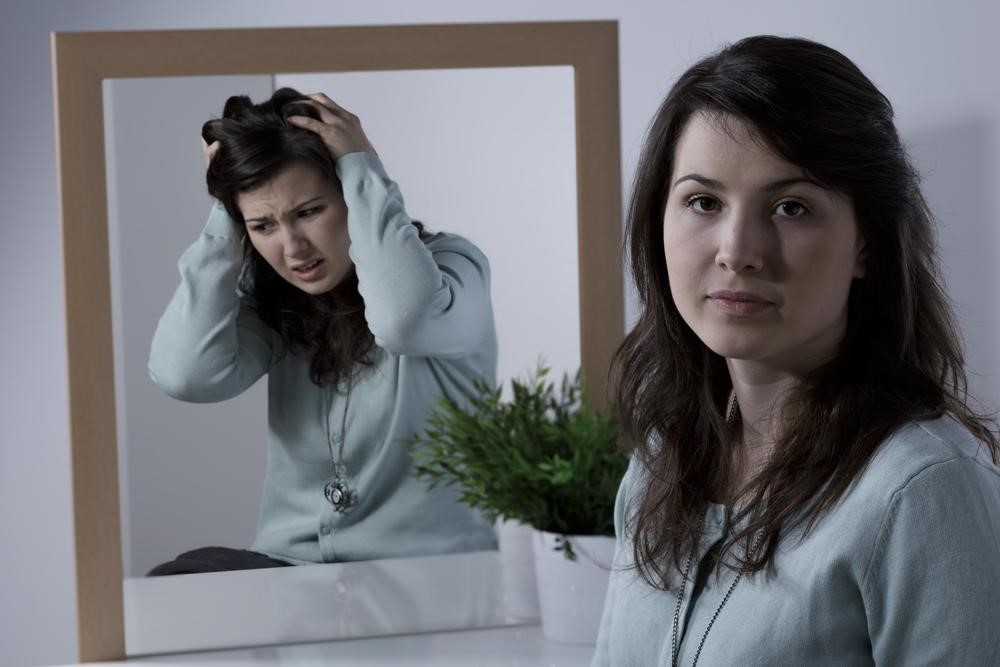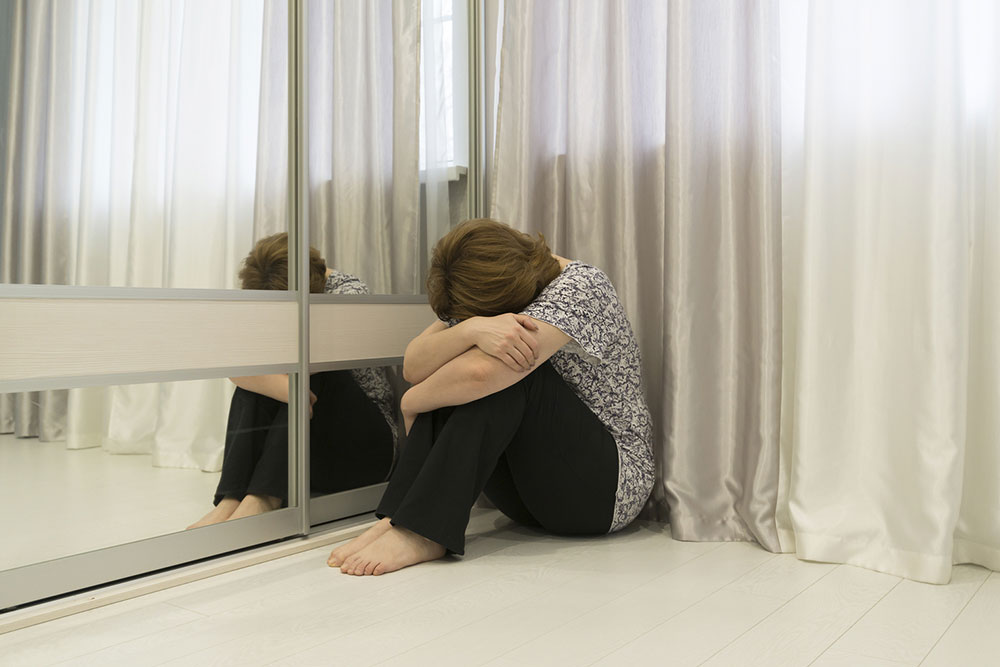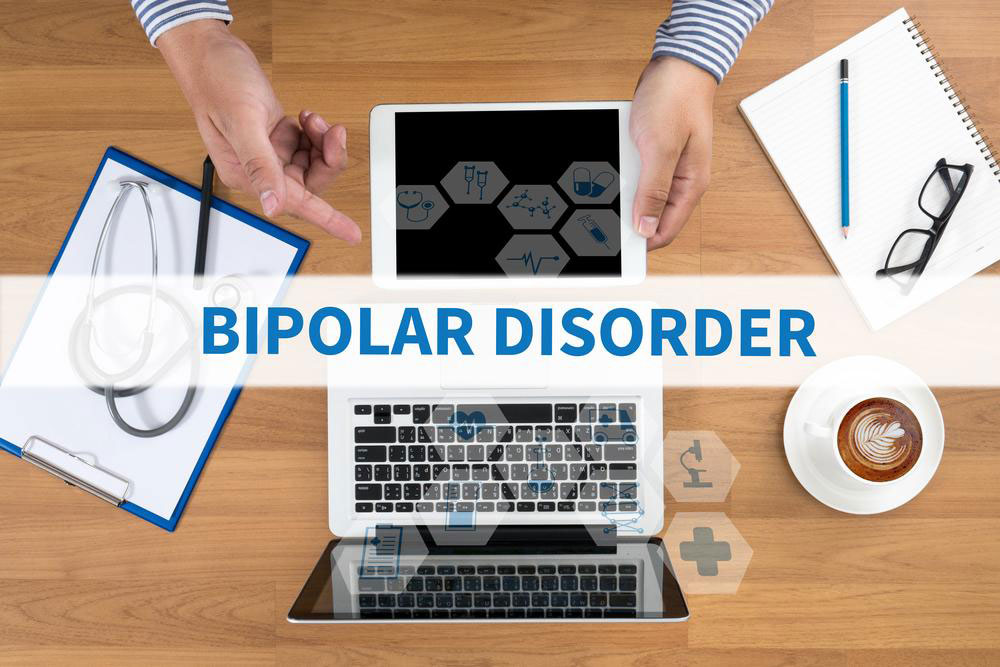Treating Bipolar Disorders
If you or someone you know is experiencing these mood disturbances and changes in behavior it is imperative to get to a physician for proper evaluation. Once your medical provider evaluates your symptoms, he/she may perform some laboratory work so that the appropriate medical illnesses can be ruled out. A detailed history and physical will be performed to ensure that the mood disturbances and changes in behavior are not secondary to drugs, alcohol or other medical conditions that may require treatment.

Once drugs, alcohol and other medical conditions have been ruled out then your physician may refer you to a Psychiatrist. A Psychiatrist will be able to evaluate the patient’s signs/symptoms and utilize the DSM-5 to provide an appropriate diagnosis. Once an appropriate diagnosis has been made then appropriate management can be initiated.
It is imperative to remember that patients who present with Bipolar I Disorder will experience episodes of mania and episodes of depression and it is essential to make sure the patient is not suicidal or homicidal. It is also imperative to make sure that the patient is not experiencing any acute and/or chronic psychosis so that the patient is not a danger to himself or others.
The therapeutic treatment of Bipolar I Disorder will depend on which part of the disorder the patient is currently in; there is different management for the patient who is experiencing the manic episodes as compared to those patients who are currently experiencing a depressive episode.
There are pharmacologic agents that can assist in treatment, but it is not the only form of management. It is imperative to also include Cognitive Behavioral Therapy (CBT), Interpersonal and Social Rhythm Therapy (IPSRT), Family Focused Therapy, and Chronic Care Model-Based Interventions. Anti-psychotic medications may also be utilized in patients who have bipolar depression with psychotic features.
Pharmacological therapy usually includes a few different classes of medications including mood stabilizers, antipsychotics, antidepressants and anti-anxiety medications. Mood stabilizers are used to control those episodes of mania or hypomania. Examples of mood stabilizers include Lithium, Valproic Acid, Depakote, Carbamazepine and Lamotrigine.
Antipsychotics are another class of medications utilized to treat bipolar disorders. Antipsychotic are usually added as combination therapy to those patients in which symptoms of depression and/or mania continue to occur despite management with other pharmacological therapies. Antipsychotics include; Olanzapine, Risperidone, Seroquel, Abilify, Geodon, Latuda, or Saphris.
Antidepressants are pharmacologic agents that may be of use in patients who are experiencing episodic depression. Antidepressants are normally prescribed in combination with mood stabilizers because utilization of antidepressants alone can actually precipitate a manic episode in patients who are Bipolar. Antidepressants may be used include the following: SSRIs, SNRIs, or MAOIs.
Benzodiazepines can be used for anxiety associated with Bipolar disorders. It is imperative to remember that these medications have addictive properties and should only be utilized for a very short period of time to treat acute anxiety.
Determining an appropriate medication regiment can be difficult. Patients who are newly diagnosed with Bipolar disorder must be monitored closely, especially during the acute phase when medications are being added and doses are being adjusted. If patients are experiencing severe mania, but are not being treated inpatient therapy, then the medical provider must evaluate them every 2-5 days until symptoms resolve. It is recommended by the 2010
Veterans Administration/Department of Defense Clinical Practice Guidelines for Management of Bipolar Disorder that patients who are beginning initial treatment for acute bipolar mania, hypomania, or depressive episodes should be evaluated every 1-2 weeks for at least 6 weeks.
In-patient versus out-patient therapy will be determined based on the severity of symptoms. In-patient therapy is necessary for a variety of reasons, but one major reason it is required is when the patient is experiencing suicidal or homicidal thoughts and is a danger to themselves or others. Each patient will be evaluated to determine which type of therapy will be appropriate for his/her individual circumstance.




